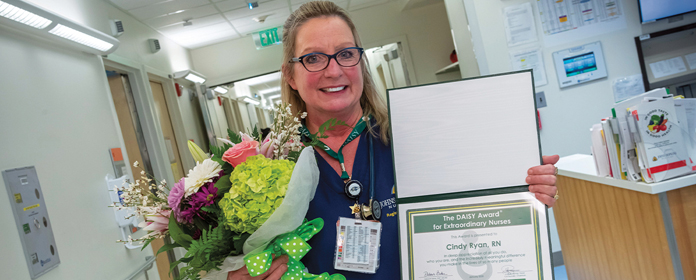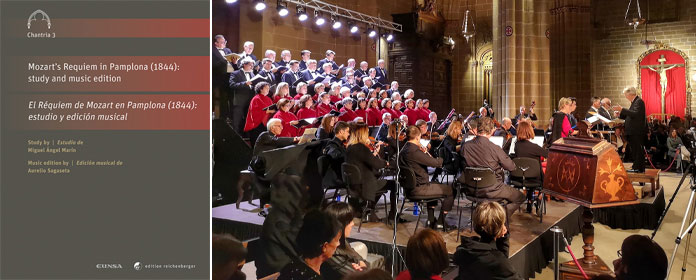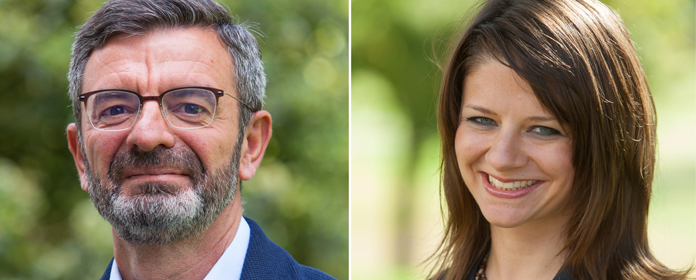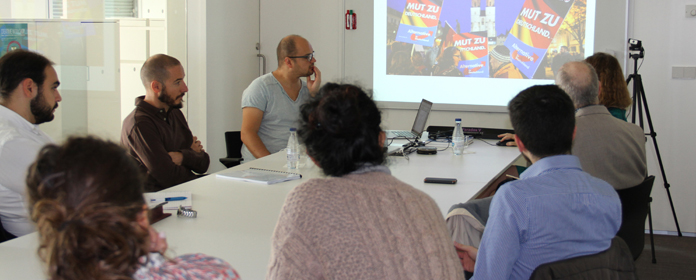"The New Right does not have a decisive influence on the traditional political parties."
Massimiliano Capra participated in an ICS workshop on the initiative to restructure public and political institutions, which is particularly noticeable in the new political movements, both in Europe and America.
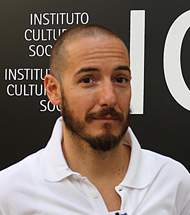
PHOTO: Elena Beltrán
"The New Right does not have a decisive influence on the traditional political parties," said Massimiliano Capra, researcher of the Institute of Higher Education Tonino Guerra (Italy), at the University of Navarra. The expert participated in a workshop of the Institute for Culture and Society (ICS) workshop on metapolitics, in which the different initiatives to restructure the public, the institutions, the political and its speech were discussed.
Professor Capra, who analyzed the French case during the meeting, indicated that in France "some parties with poorer content do feel attracted by some of the issues raised by the group inspiring the New Right, GRECE".
However, the Italian specialist commented that currently "there is fear of the degeneration of the extreme right towards racist and even totalitarian positions", although he does not believe that it represents a real danger. On the other hand, he added that "some left-wing politics in crisis emphasize this danger in order to reaffirm their positions".
In his opinion there is a certain relationship between the extreme right-wing policies of the different countries and also with the French New Right movement of the late 1960s. "In fact, some of the scholars of this subject of movements," he noted, "are seeing how the risks they feared are manifesting themselves.
"They had denounced that philosophical and political ideas could become an ideological arsenal of themes that could easily be oriented above all towards racial fundamentalism, which most commonly inspires the new extremist groups," states the researcher.
Massimiliano Capra took part in the workshop 'Metapolitics and speech metapolitics: conceptual and empirical research on populism and (anti)democracy', organized by the project 'Public discourse' of the Institute for Culture and Society (ICS). The meeting is part of the subproject 'The DEMOS in the imaginary of the new politics', funded by the Ministry of Economics and Competitiveness.


